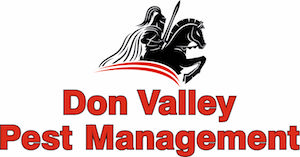Mastering Squirrel Control: Understanding Squirrel Behavior for Effective Pest Management
Squirrels are fascinating creatures with complex behavior patterns that are important to understand if you want to control them effectively. Here are some key aspects of squirrel behavior to keep in mind:
- Feeding patterns: Squirrels are omnivores, meaning that they eat both plant and animal matter. In urban areas, they are often attracted to bird feeders and other sources of human-provided food. Understanding what squirrels like to eat can help you control them by removing food sources or using baited traps.
- Nesting habits: Squirrels build nests, or “dreys,” in trees or other high places. They will also use attics, chimneys, and other parts of homes as nesting sites. Understanding where squirrels like to nest can help you locate and remove them.
- Territorial behavior: Squirrels are territorial animals, meaning that they defend a certain area from other squirrels. Understanding their territorial behavior can help you locate and trap them more effectively.
- Communication: Squirrels communicate with each other through a variety of sounds, including chattering, barking, and squealing. They also use body language to communicate with other squirrels. Understanding squirrel communication can help you identify areas of high squirrel activity and locate nests.
- Seasonal behavior: Squirrels are active year-round, but their behavior changes with the seasons. In the fall, they gather and store food for the winter. In the spring, they mate and have offspring. Understanding squirrel behavior patterns throughout the year can help you anticipate and control squirrel populations more effectively.
By understanding squirrel behavior, you can better control squirrel populations and prevent damage to your property. If you’re dealing with a squirrel infestation, it may be helpful to consult with a pest control professional who has experience dealing with these animals.
If you are dealing with a Squirrel problem Don Valley pest Management can help Please compete the form below and we shall contact you to go thruogh your options and treatment plans.



